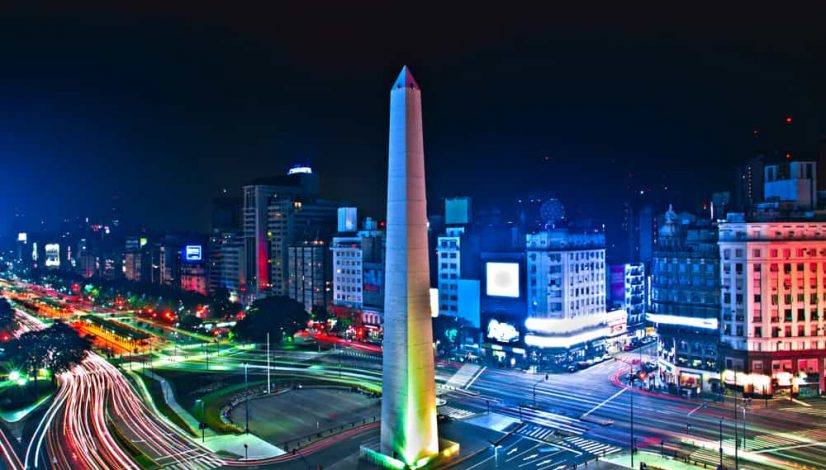The Countries With The Most Relaxed Weed Laws
The post The Countries With The Most Relaxed Weed Laws appeared first on High Times.
Here at High Times, our friendship with Mary Jane goes way back. From treating depression and assuaging chemotherapy symptoms to getting you blazed as heck, the herb’s manifold benefits are not lost on us, or the countries with the most relaxed weed laws.
Today, more governments than ever have stopped persecuting their citizens for using an organic substance with a long history of medicinal merits. Whether you’re looking for your next vacation spot or hoping relocate to somewhere more cannabis-friendly, here’s our list of the nations that will let you blaze your chronic (relatively) freely.
1. Argentina
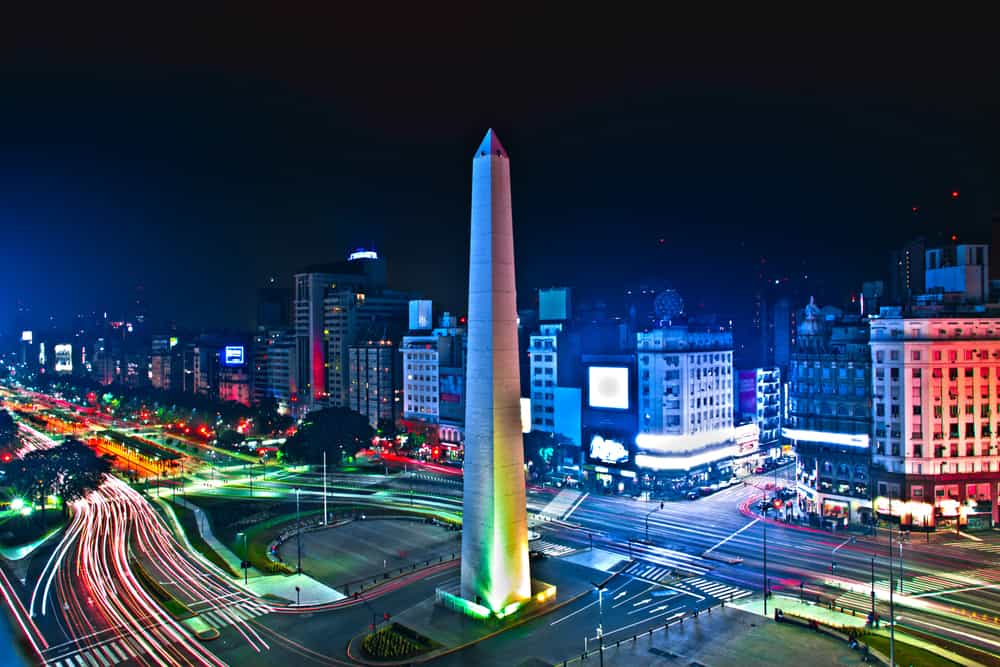
It is illegal to grow, consume, and sell marijuana in Argentina. But, they make our list because Argentina is the first country to provide medical marijuana…for free.
In March of last year, the Argentinian Congress passed a bill that gives patients registered with the Ministry of Health access to free medical marijuana.
Additionally, as of a 2009 Supreme Court ruling, the police cannot arrest for marijuana possession. They decreed that to do so would be in violation of the constitution.
As Valeria Salech, president of the pro-marijuana group Mama Cultiva Argentina, explains, “In history, the big things always come in small steps.”
2. Uruguay
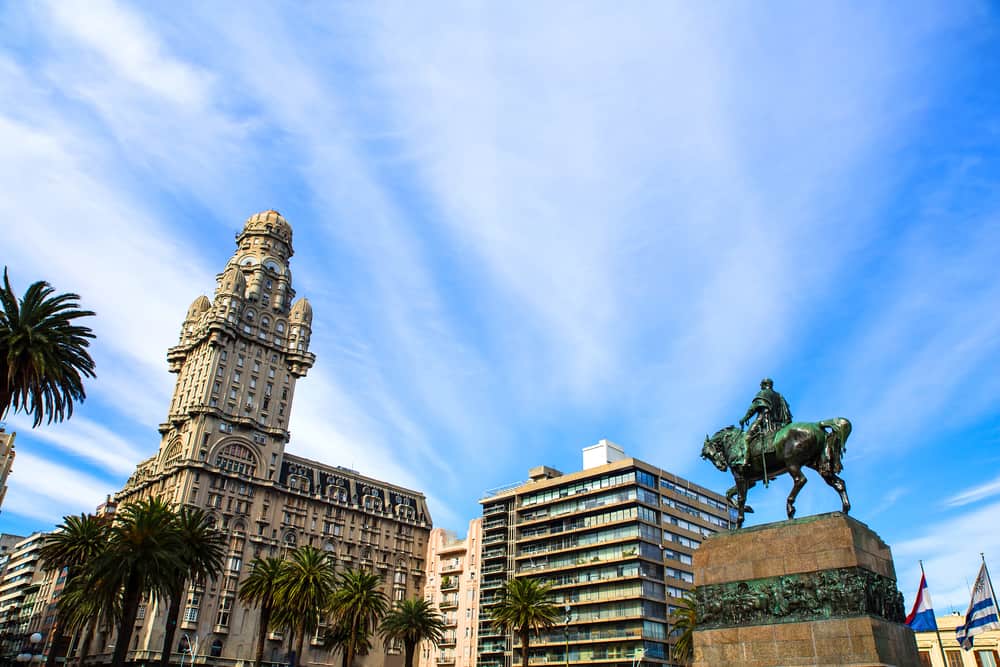
In 2013, Uruguay became the first country to legalize marijuana for people 18 years and older. The law mandates that you register with the government to buy and grow marijuana, and open a marijuana club.
A government-issued permit allows for six cannabis plants, and clubs can have a maximum of 45 members. Growers can cultivate up to 99 marijuana plants at a time.
These lenient cannabis laws, on a national level, make Uruguay one of the countries with the most relaxed weed laws.
The government is heavily involved in weed legislation and sales in Uruguay. Finally, in 2017, 16 pharmacies across Uruguay began selling pot commercially.
Though customers still have to register with the government, Uruguay has lead the way for marijuana freedom.
Following its first legal harvest last year, Uruguay’s marijuana legalization proves that there are essentially no ramifications to violating international drug treaties.
This will encourage other nations to follow suit.
3. Jamaica
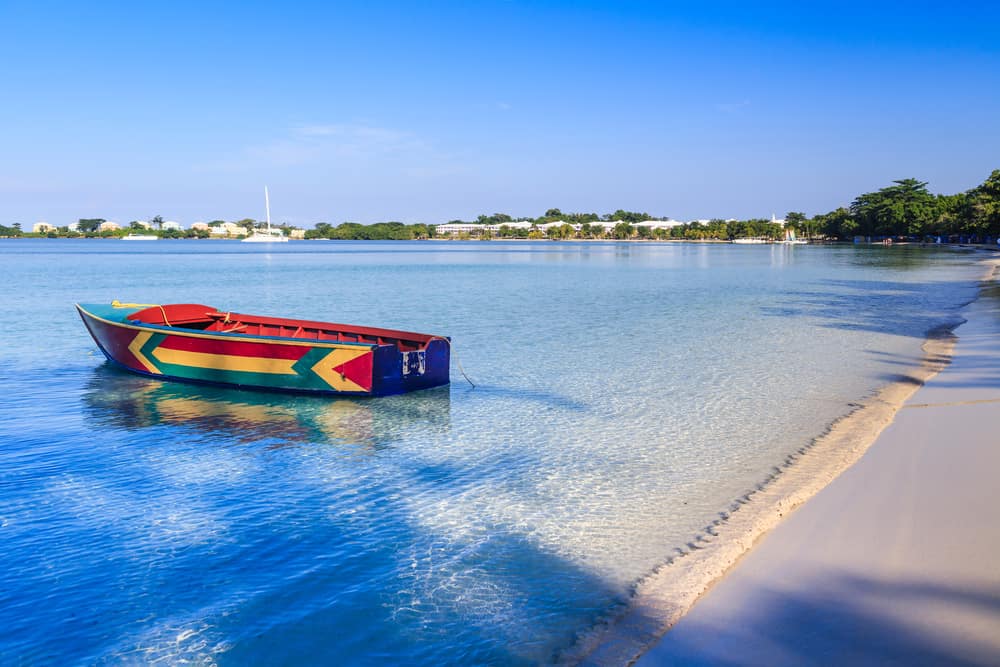
Perhaps the first country you think of when weed is on the mind, Jamaica has a complicated history with its favorite herb.
Marijuana made its first appearance in Jamaica in the mid-1800s when indentured servants from India imported it, and introduced African workers to marijuana.
Over time, cannabis became a symbol of rebellion against the British. As a result, wealthy lawmakers made cannabis consumption, sale, and growth illegal under the aptly-titled Ganja Law of 1913.
Punishments for marijuana became more severe during periods of social upheaval in the 20th century.
As of 2015, marijuana is decriminalized in Jamaica. You can have up to 2 ounces and five marijuana plants without arrest or mark on your criminal record.
Under this new law, if you’re a Rastafarian in Jamaica, you are legally allowed to use as much of it as you’d like.
Though weed isn’t technically legal in Jamaica, it’s pretty easy to get your hands on it. Authorities are even trying to make it legal to purchase (up to two ounces) in airports!
4. Portugal

Portugal is definitely one of the countries with the most relaxed weed laws after decriminalizing all drugs in 2001.
Why such a drastic measure? Since the ’80s, Portugal has struggled with widespread addiction. At one point, 1 in 10 people were addicted to heroin.
Today, punishments for possession of any illegal substance range from a fine to addiction treatment.
A study published by the Cato Institute shows that though drug use hasn’t gone down since decriminalization, death and illness due to drug use has decreased dramatically.
However, don’t let Portugal’s liberal policies towards hard drug use mislead you. Selling or growing cannabis in any quantity can still land you jail time or a fine.
5. Spain
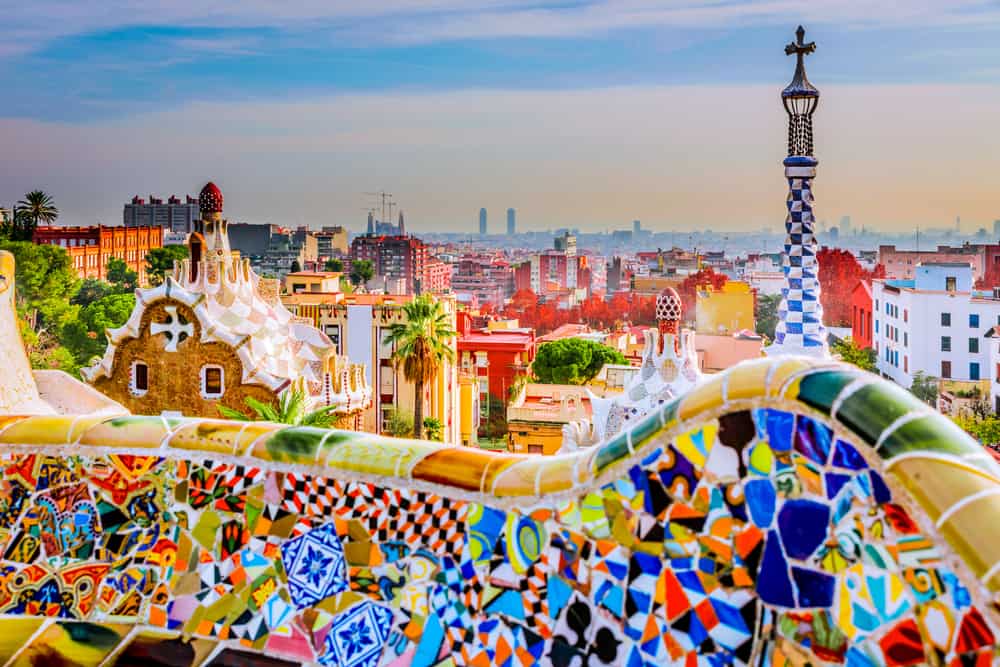
Today, northern Spain may be more lit than Amsterdam. Just north of Morocco, one of the world’s leading cannabis producers, Spain is flush with green.
And, having experienced the same drug epidemic as Portugal, Spain has enacted laws that are far from strict when it comes to Mary J.
Nationally, individual use of marijuana is legal. As a result, cannabis smoking clubs have become intensely popular. As of 2016, there were a reported 800 smoking clubs.
In a historic popular movement, these clubs became legal in the northern region of Catalonia in 2017.
After gaining over 67,500 signatures, activist group La Rosa Verda forced Catalonian parliament to vote on legalizing recreational marijuana.
Though this was a huge victory of marijuana activists, many believe that Catalonia’s legalization program is a thinly veiled rebellion against the national seat of power: Madrid.
6. The Netherlands
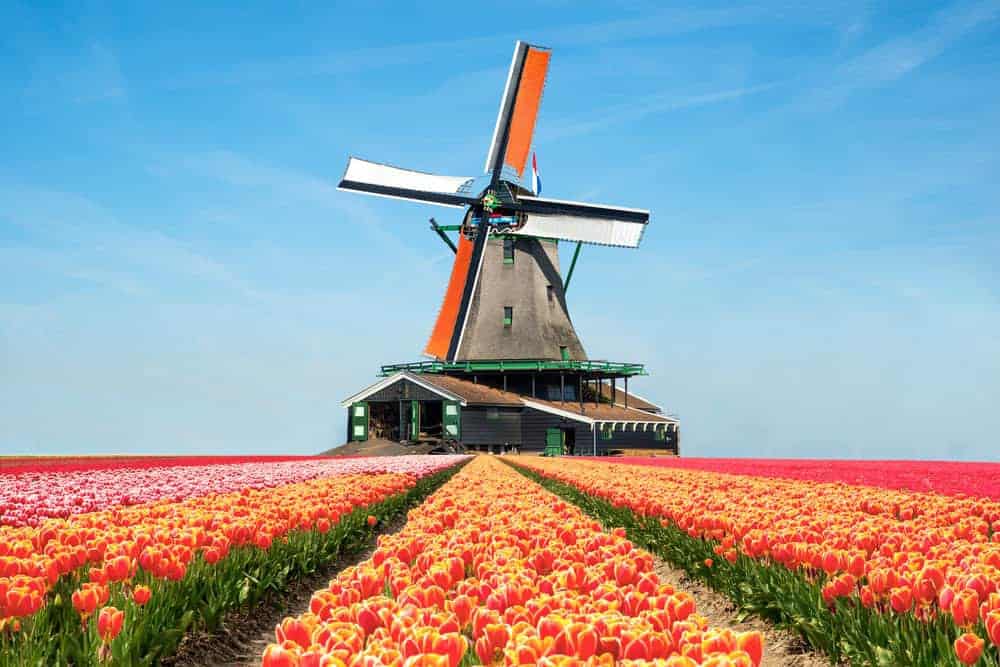
It may come as a surprise that weed is illegal in the Netherlands.
In 1972, the Dutch government developed a tolerant policy that decriminalized marijuana and allows for its consumption in coffee shops. Until last year, though, authorities punished weed cultivation, despite the demand from legal coffee shops.
In 2017, Dutch Parliament passed a bill that would partially legalize growing and would be more tolerant of weed smoking.
This bill would by no means safeguard smokers across the country. It would mark an important step in legalization in a country already known for its (sometimes hypocritical) tolerance.
7. Colombia
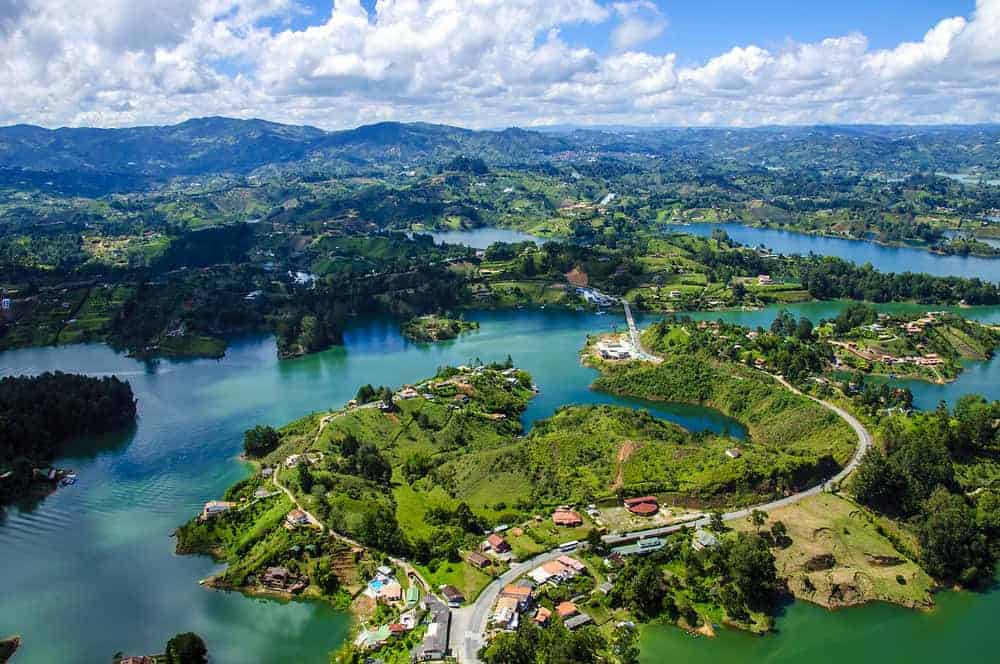
To the chagrin of those living in Colombia, this nation is infamous for its drug history. Throughout the ’70s and ’80s, the drug trade grew in Colombia to such an extent that it accounted for 80% of the United States’ cocaine supply.
The Medellín Cartel, run by drug lord Pablo Escobar, made $4 billion a year through the murderous international cocaine.
Much has changed in Colombia since Pablo Escobar’s death in 1993.
Following its fraught drug history, Colombia developed more tolerant legislation than the ineffective, and corrupt, War on Drugs policy of the late 20th century.
In 2009, the Colombian court decriminalized possession of up to 20 grams of marijuana and 1 gram of cocaine.
Though sale and cultivation of marijuana remain illegal in Colombia, this nation’s tolerant attitude and experience with the deadly consequences of illegal drug trade make it one of the countries with the most relaxed weed laws, especially in South America.
8. Australia
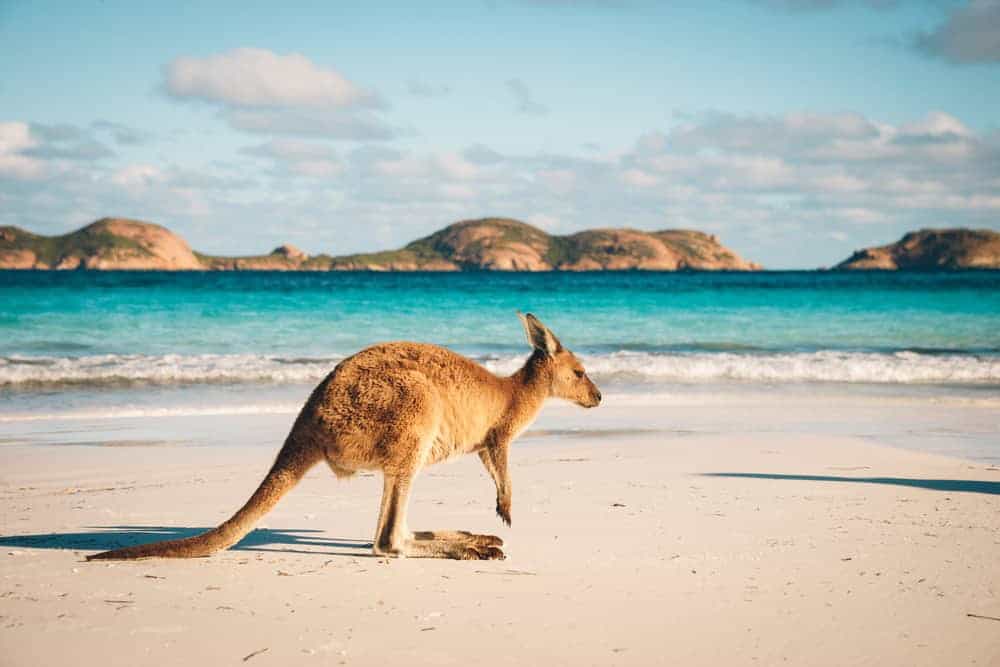
Similar to the disparities on the state level in the US, marijuana legalization is a mixed bag in Australia.
Since early 2016, medical marijuana is legal on a federal level. Australia has also been a pioneer in medical marijuana research, such as this study on using medical marijuana as a treatment for Tourette’s syndrome.
Of course, recreational marijuana remains illegal on the national level. Possession is, however, decriminalized in a majority of Australian states.
Australia prepares to take a big leap in the production of medical marijuana by legalizing the export of medical-grade cannabis.
This announcement, made by the Australian government on January 4th of this year, made Australian cannabis company stocks skyrocket.
Many are speculating that Australia will become the world’s biggest cannabis exporter, and help Australians—and people around the world—gain access to quality medical marijuana.
Final Hit: The Countries With The Most Relaxed Weed Laws
Whether due to a fraught history with the drug trade or simply a less corrupt political process, the countries with the most relaxed weed laws are turning the tide for marijuana legalization everywhere.
As scientific research discovers more benefits to medical marijuana and personal experience reminds us how good the green really is, we look forward to more nations joining this esteemed list.
The post The Countries With The Most Relaxed Weed Laws appeared first on High Times.

